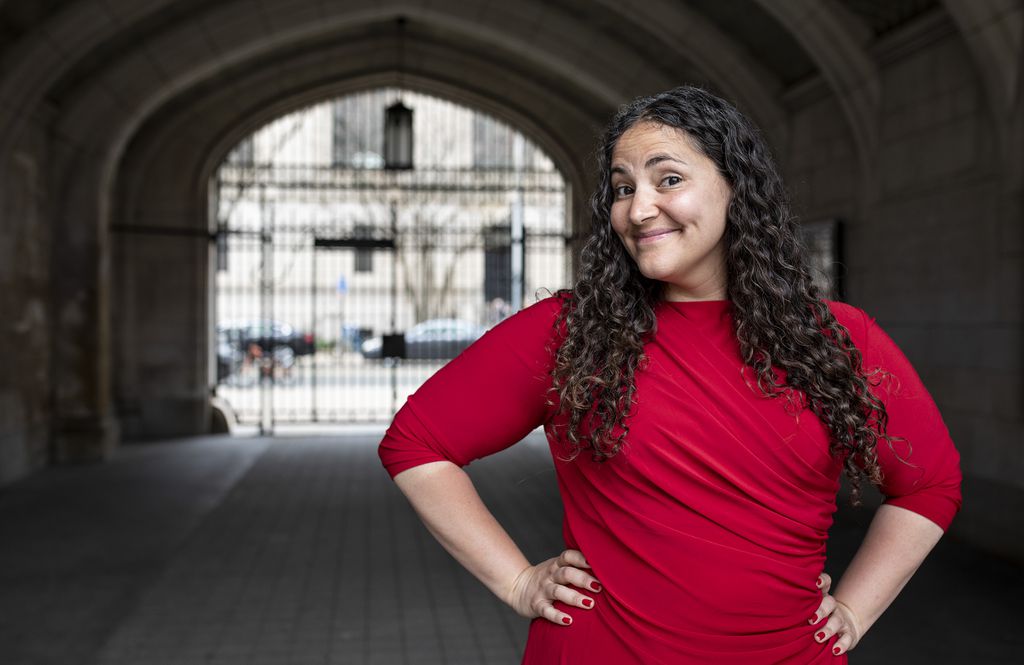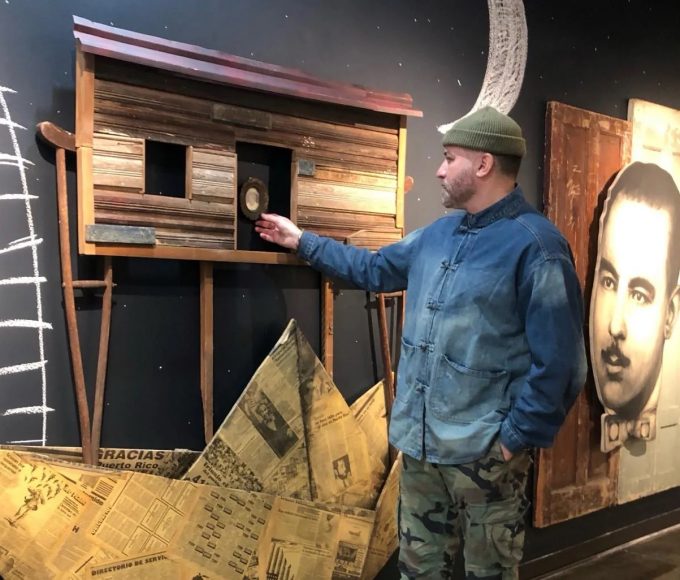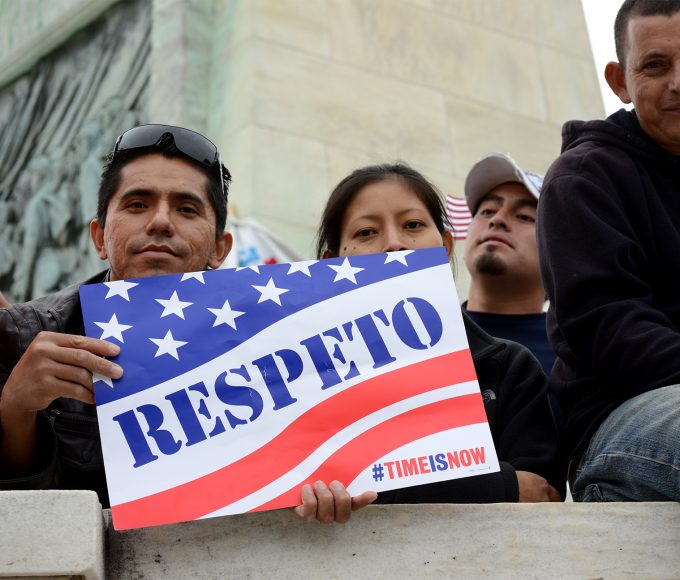It might seem unusual that someone who researches how canines acquire knowledge based on information gathered from their surroundings would teach college students how to be happy.
And yet, in her course Psychology and the Good Life, which attracted roughly one-quarter of the student body at Yale University last spring and became a global sensation, Laurie Santos applied her research on canine cognition directly to humans.
Santos is Professor of Psychology at Yale and director of both the Comparative Cognition Laboratory and the Canine Cognition Center there. Her research focuses on the origins of cognition, a subject that has fascinated her since was a freshman at Harvard College and took her first psychology class. She is especially interested in how people learn and develop biases. But because we “get our cognition from the environment” and because humans can be tricky to study under lab conditions, she says, she needed to identify an animal with an environmental background similar to that of humans to carry out her work.
Since dogs and humans live together and, sometimes grow up together, dogs are ideal models for Santos’s research into learning biases. Santos notes that “Dogs do pay attention and look for cues,” observing what humans do, as well as what other dogs do, in response to their surroundings. Her research shows that, like humans, dogs copy information from others, including the humans they are around. But it turns out, dogs are a lot less susceptible than humans to being influenced by others’ biases and bad behavior.
“Our minds lie to us,” Santos says. “We look around and think that to be happy we just need to change our circumstances, change jobs, get a higher salary, buy a new car.”
“Our minds lie to us,” she says. “We look around and think that to be happy we just need to change our circumstances, change jobs, get a higher salary, buy a new car.” But research shows that humans are prone to errors when it comes to thinking about what is good for them. If we are stressed, Santos notes, “we might think that we just want to veg out and relax.” Yet it turns out people who engage socially with friends and give time and resources to others are happier than those who are isolated and focused primarily on themselves. Cognitive psychology is Santos’s formal academic discipline, but her work integrates perspectives from economics, business, neuroscience, biology, public health and public policy, as well. She attributes at least some of her ability to draw from and integrate a diverse set of academic perspectives into her work to being raised in a biracial family in New Bedford, Massachusetts. Santos’s father’s family is from Cape Verde, an island nation and former Portuguese slave trade outpost off the coast of West Africa, and her mother is white and from the United States. Santos says her experience growing up at the intersection of the two cultures and races enables her to move fluidly between different communities and appreciate the value of a wide array of views and insights.
Santos has received international praise for her work and earlier this year received a Genius Award from the Liberty Science Center in New Jersey. She has been on the faculty at Yale since 2003. In 2016, she was named Head of Yale’s largest residential college, Silliman, which she likens to Slytherin or Gryffendor at Harry Potter’s Hogwarts School of Witchcraft and Wizardry.
“As Head of College, I eat meals with students and hang out in their coffee shop, and I started getting worried that students are more and more depressed and stressed out.”
It was upon assuming her new duties at Silliman College, says Santos, that the idea of teaching a course on happiness began to take shape: “As Head of College, I eat meals with students and hang out in their coffee shop, and I started getting worried that students are more and more depressed and stressed out.”
According to the National College Health Assessment, data from a Spring 2018 survey of nearly 74,000 undergraduates show that 42.9% of respondents felt too depressed to function over the previous twelve months, 64.3% experienced overwhelming anxiety, and 88.1% felt overwhelmed by all they had to do. Santos says she wanted to do something to address the high levels of stress, anxiety and overwhelm on campus. If we humans are likely to misinterpret our surroundings and miscalculate what actions will bring us greater happiness, what, exactly, can we do to be more fulfilled? Santos’s course approaches this question from two perspectives. In the first half, she delves into several decades of research exploring what makes happy people happy. In the second half, she helps students understand the science behind behavior change and the development of new habits. Students must also complete assigned “re-wirements,” which are activities meant to “re-wire” the brain and build the kinds of practices research shows happy people are most likely to follow. These include exercising 30 minutes a day, getting 7-8 hours of sleep a night, starting a meditation practice, interacting socially and in person with friends and strangers, and being kind or generous to someone else. Taking breaks from social media is recommended.
Given the popularity of “Psychology and the Good Life,” Yale has included it in the free Coursera online learning platform as “The Science of Well-Being.” To date, more than 170,000 people from at least 170 countries have enrolled.
For Santos, the online course offers an opportunity to collect information about a large pool of human research subjects, something she didn’t do last spring at Yale because she hadn’t anticipated so many students would enroll. In the Coursera offering, students take happiness assessments at the beginning and end of the course. With such a large number of responses, Santos says she hopes she’ll be able to scientifically assess the impacts of the various assigned activities. She is also exploring the idea of writing a book about the science behind happiness and the impacts of behavior change on well-being, drawing on her cognitive comparison work as well as the results from the online student surveys. High schools and middle schools around the country have expressed interest in adapting the course for their students, too.
Asked what she does to boost her own happiness and reduce the stresses of a busy academic life, Santos says that she tries to “practice what I preach” and incorporate more meditation and expressions of gratitude into her daily routine.
But in the end, in Santos’s view, it’s not just reducing individual stress and boosting one’s own well-being that is important. In an ever more complex, fractious, and fragmented world, if enough people slow down, make personal connections, and focus on positive interactions, it might be possible to promote greater well-being at a societal level and inch us one or two steps closer to world peace.
Words by Katherine Bliss
To Read More INTELIGENCIA stories like this one, go here.

















Leave a comment